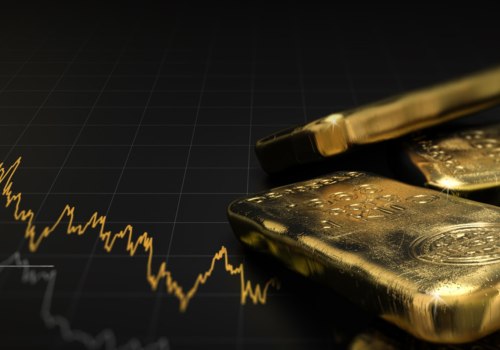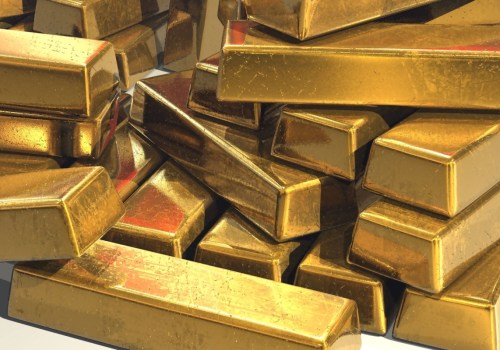Precious metals are rare metals that have a high economic value. They are valuable because they are scarce, useful for industrial processes or have investment properties that make them a good store of value. Notable precious metals include gold, silver, platinum and palladium. Here is a guide to investing in precious metals.
We will cover what they are; the advantages, disadvantages and risks of investing in them; and some investments in precious metals to consider. However, investing in gold and other precious metals, and particularly in physical precious metals, carries risks, including the risk of loss. While gold is often considered a safe haven investment, gold and other metals are not immune to price drops. Know the risks associated with trading these types of products.
Physical precious metals are unregulated products. Precious metals are speculative investments that can experience price volatility in the short and long term. The value of investments in precious metals may fluctuate and may be appreciated or decreased depending on market conditions. If you sell in a declining market, the price you receive may be lower than your original investment.
Unlike bonds and stocks, precious metals do not make interest or dividend payments. Therefore, precious metals may not be appropriate for investors who require current income. Precious metals are raw materials that must be safely stored, which may impose additional costs on the investor. The Securities Investor Protection Corporation (SIPC) provides some protection for clients' cash and securities in the event of bankruptcy of a brokerage company, other financial difficulties or if clients' assets are missing.
SIPC insurance does not apply to precious metals or other commodities. Gold, silver and other precious metals have long served as a store of value. Especially in the case of gold, these metals have historically served as a hedge against inflation. In times of economic instability, precious metals could be a good asset to consider for your investment portfolio.
In addition, alternative assets, such as precious metals and real estate, provide a level of diversification compared to more traditional stocks and bonds. Because they hold their value over time and because they are tangible assets, physical metals can be a perfect asset to pass on to your heirs. Possessing physical metals has many advantages, but this is probably the best. This is also when newer investors begin to consider precious metals as a possible addition to their portfolio.
The only way an investor in these metals will make a financial profit is if he is able to sell the metal for a higher price than he bought it. If you're not sure where to store your precious metals, Allegiance Gold can help you steer you in the right direction. Having a good investment professional on your family's team can help you differentiate a good investment from a bad one and build wealth over time. And some people keep doing this, but instead of burying gold bars in their backyard, they're buying stocks or mutual funds that invest in gold.
Conversely, forms of gold on paper, such as gold certificates and futures contracts, are generally not backed by physical metal, do not grant title, and cannot provide investors with the ability to exchange them for physical metal. We offer scalable investment products, encourage innovative solutions and provide actionable insights on sustainability issues. Investors, consider closed-end funds that are classified as PFICs because of their potentially favorable tax advantages compared to direct ownership of metals or precious metals ETFs. And it's always a good idea to check the background of an investment professional with FINRA's BrokerCheck and do a general internet search.
The return on investment and principal value of ETF investments will fluctuate, so that shares in an investor's ETF, if sold or sold, may have a higher or lower value than the original cost. Investors can also buy gold stocks (shares of gold mining companies, streaming or royalties), gold-focused exchange-traded funds (ETFs), or gold-focused mutual funds. Buying precious metals in the form of currency and bar usually involves a margin of 2% to 8% over current spot prices. The risks associated with investing in a trust depend on the securities and assets in which the trust invests, depending on the particular objectives of the trust.
. .




Leave a Comment